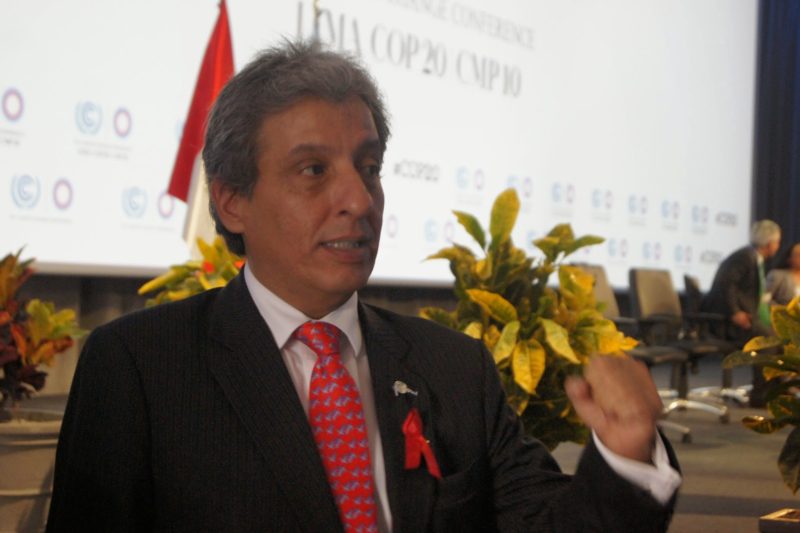A central component of the Paris Agreement is to strengthen transparency requirements to better hold countries accountable for their commitments. National transparency mechanisms provide information to track Parties’ progress in implementing their nationally determined contributions (NDCs) and will help strengthen Parties’ capacities to measure and optimise their efforts to address climate change.

Peru has now taken an important initiative to meet the forthcoming transparency requirements by publicly reporting on its greenhouse gas (GHG) emissions. The platform, INFOCARBONO, was launched as part of the Climate Commitment Week 2016 by the Minister of Environment, Manuel Pulgar-Vidal, and provides detailed information on sectoral GHG emissions from different reference years, including a comprehensive description of the methodology applied to calculate the emissions data. By making the data public, the Ministry of Environment also expects the database to become a “living” platform where users can provide feedback and “monitor” the data with the end goal to present the most accurate data possible. Earlier National Communications, Biennial Update Reports (BURs) and GHG inventory reports are also available at INFOCARBONO, thereby contributing to the transparency of the Peruvian GHG emissions data management system. As a next step, the Ministry of Environment is planning to launch a National Registry for climate change mitigation actions (NAMAs and REDD+), including upcoming climate change mitigation projects, GHG emission baselines and national emission reduction targets. Together with the data from INFOCARBONO, the National Registry will provide information that enables a comparison of the emission reduction scenario, drawing on existing and planned emission reduction initiatives and the NDC emissions reduction targets. Peru can therefore continuously assess whether the country is on the right low carbon pathway to achieve its NDC targets. The development of INFOCARBONO was supported by the Inter-American Development Bank and the UNDP Low Emission Capacity Programme through the generous support of the European Union, Germany’s Federal Ministry for the Environment, Nature Conservation, Building and Nuclear Safety and the Government of Australia.
